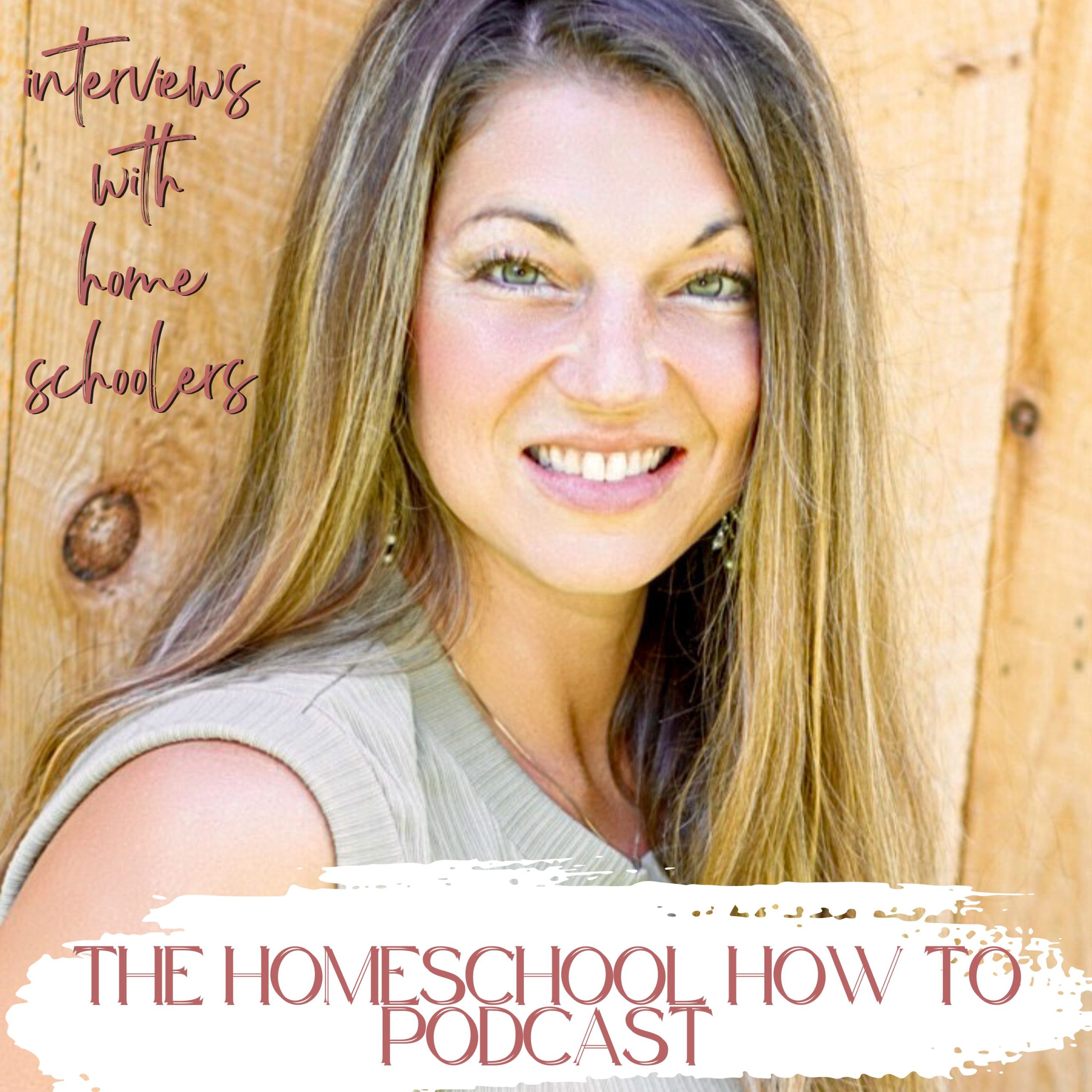In today’s rapidly changing educational landscape, more families are turning away from traditional schooling methods and embracing alternative approaches like unschooling. This shift represents more than just a trend—it’s a fundamental rethinking of how learning happens and what truly matters in education.
Unschooling, as Raven Kramer explains in our recent conversation, is about child-led, self-directed learning that follows a child’s natural interests and passions. Unlike structured homeschooling with curriculum plans and schedules, unschooling trusts that children will naturally pursue knowledge when given freedom and support. This doesn’t mean abandoning educational standards entirely—Raven emphasizes the importance of foundational skills like reading, writing, and math. However, these skills are taught through engaging, real-world applications rather than workbooks and formal lessons. When a child loves sharks, for instance, learning becomes organic as they research species, habitats, and behaviors, developing research skills, scientific knowledge, and reading comprehension without realizing they’re “studying.”
The digital age presents unique challenges for families embracing alternative education paths. While technology offers unprecedented access to information and learning resources, it also introduces concerns about screen time, social media exposure, and digital safety. Raven takes a thoughtful approach, limiting screen time to about an hour daily while completely avoiding tablets, smartphones, and social media for her children. This boundary doesn’t stem from fear of technology itself but from a desire to protect childhood and develop resilience before exposure to digital challenges. Her perspective on social media is particularly noteworthy—waiting until children are adults before they engage with platforms designed to manipulate emotions and self-perception.
Family-centered living forms the foundation of Raven’s educational philosophy. Both she and her husband work from home, creating a lifestyle where work, education, and family life integrate seamlessly. This approach challenges the conventional separation of learning from “real life” and allows children to witness and participate in adult work, entrepreneurship, and daily living skills. Outdoor time features prominently in their routine, with children spending at least five hours outside daily regardless of weather. This connection to nature supports physical development, emotional regulation, and unstructured play—all essential components of healthy childhood development that structured classroom environments often limit.
Looking toward the future, Raven takes a practical view of higher education, considering how dramatically the landscape may change by the time her children reach college age. Rather than automatically assuming college is necessary, she encourages exploration of trades, apprenticeships, and hands-on careers that may better suit her children’s interests and learning styles. This perspective aligns with growing recognition that traditional college paths don’t serve all students and that successful careers can develop through multiple pathways.
The essence of unschooling ultimately comes down to trust—trust in children’s natural curiosity, trust in parents’ ability to guide without controlling, and trust that learning happens everywhere, not just in formal educational settings. As Raven succinctly puts it: “If you taught your child to walk and talk, you can teach them to read and write.” This powerful reminder that parents are their children’s first and most important teachers resonates deeply in a culture that often undervalues parental wisdom in favor of educational experts and institutions.
